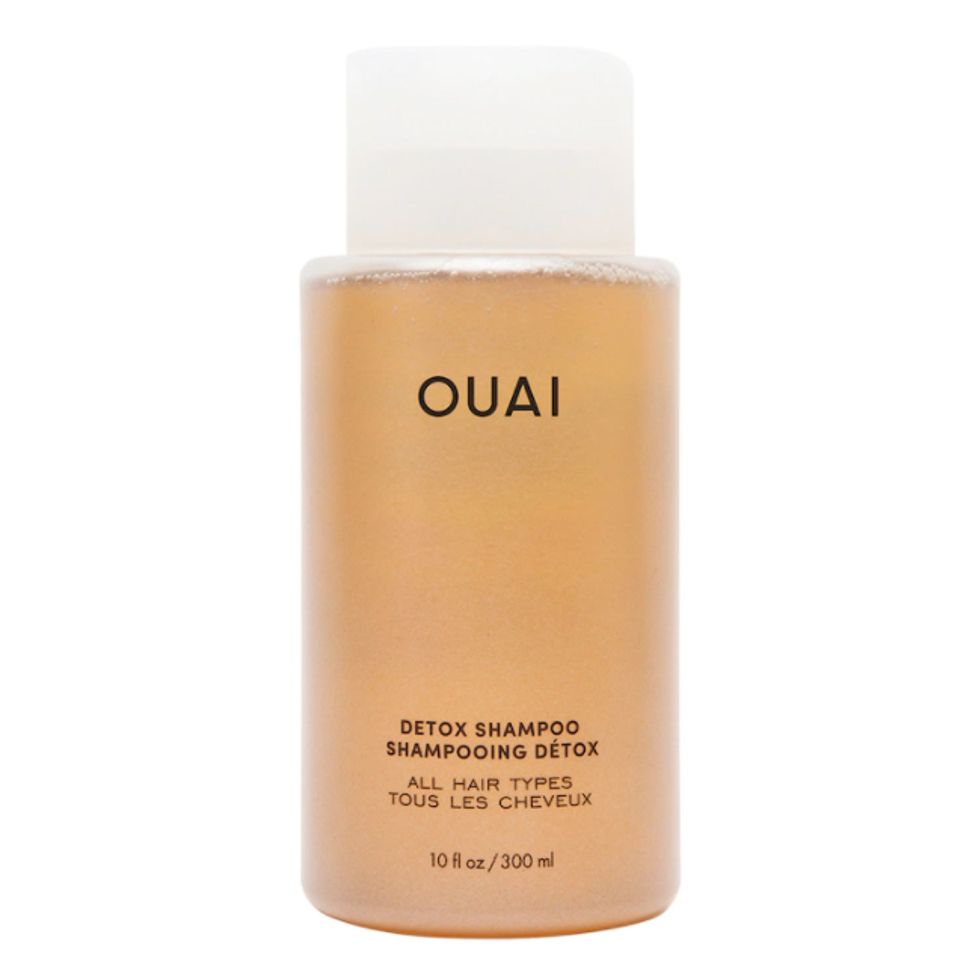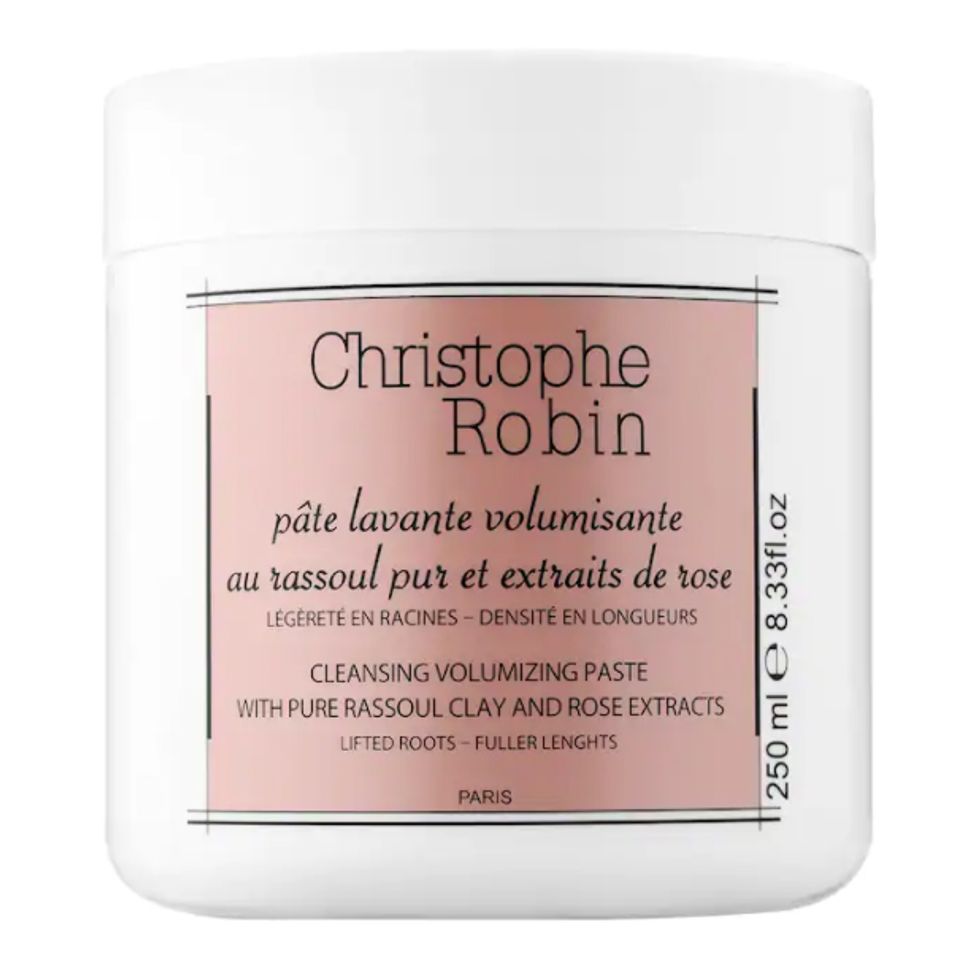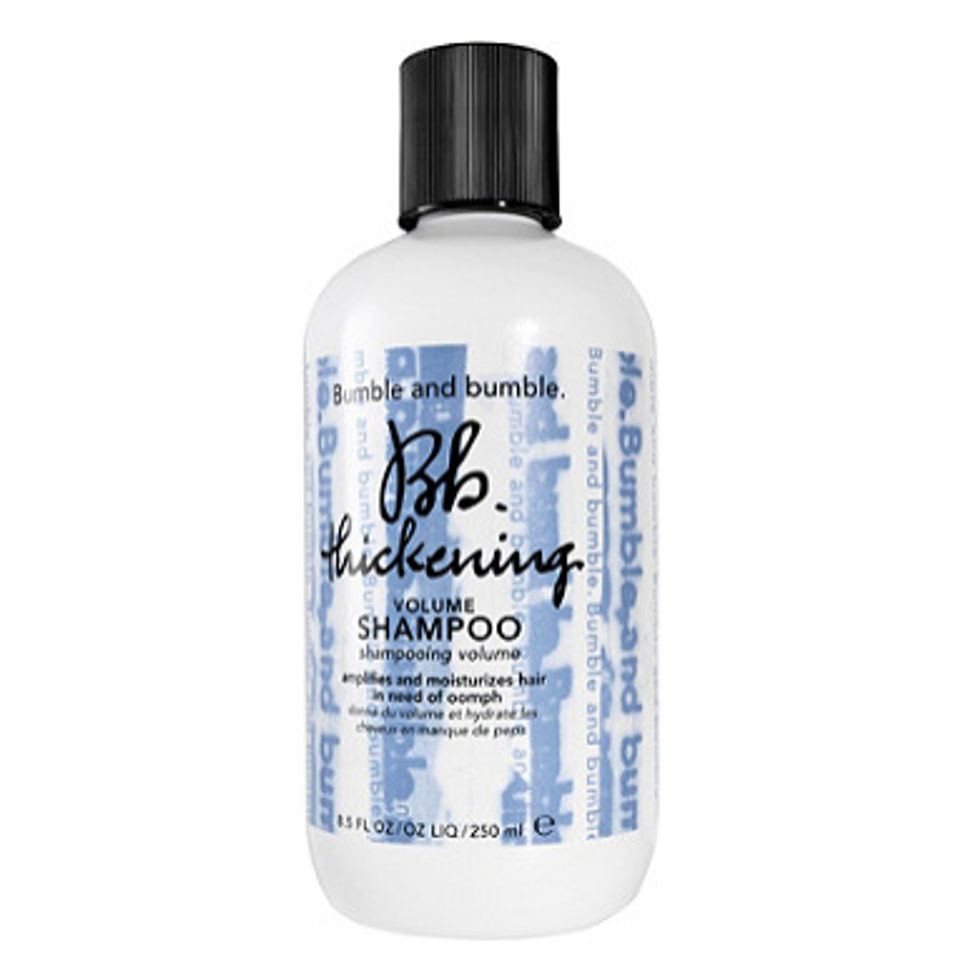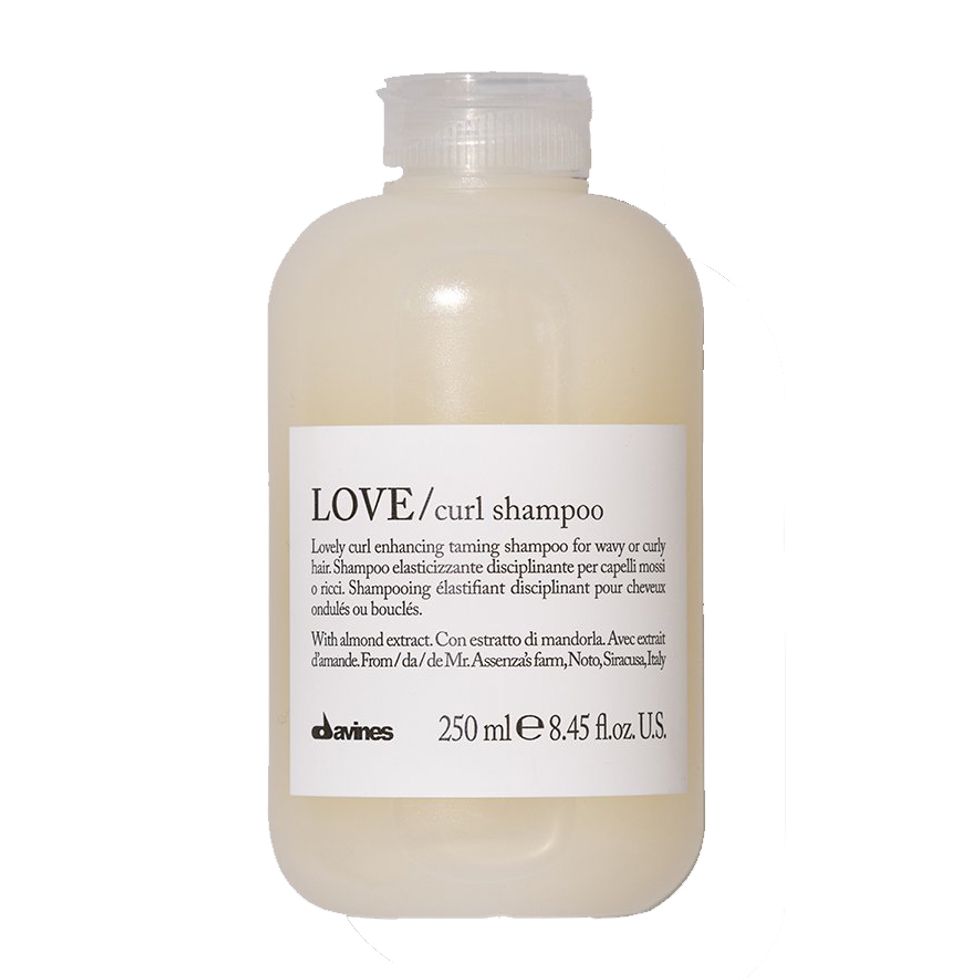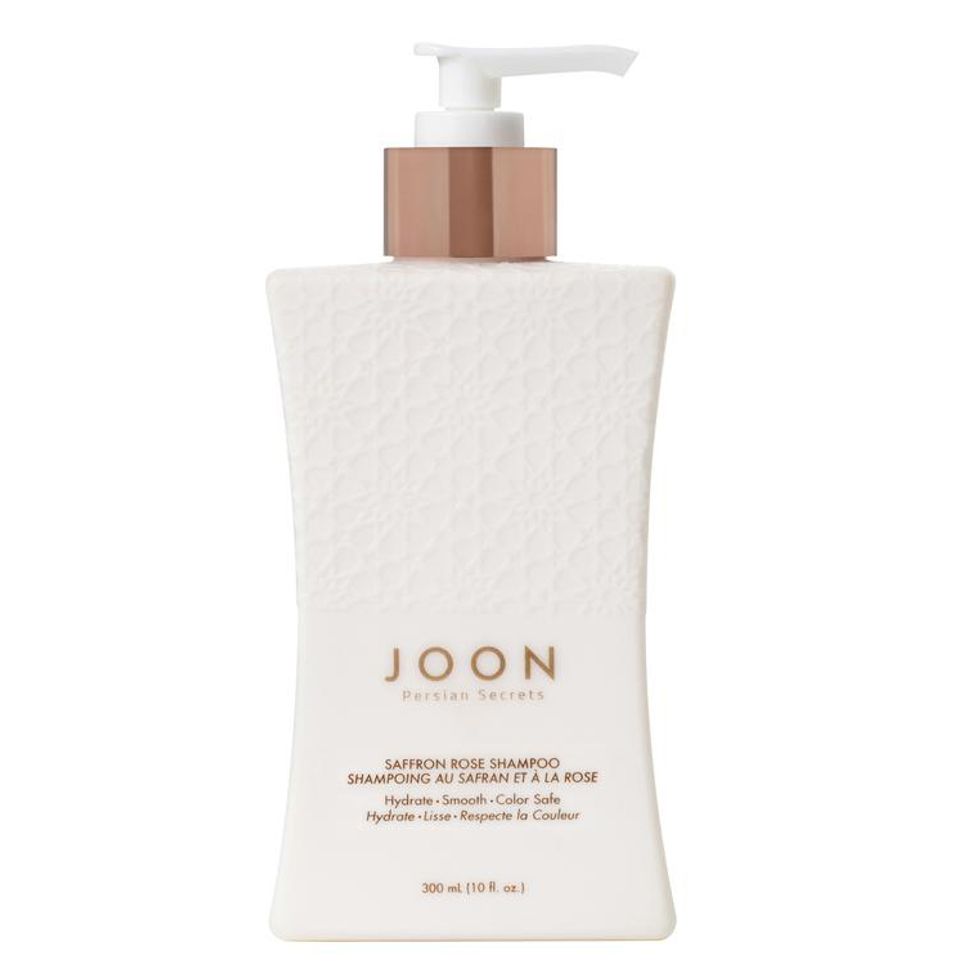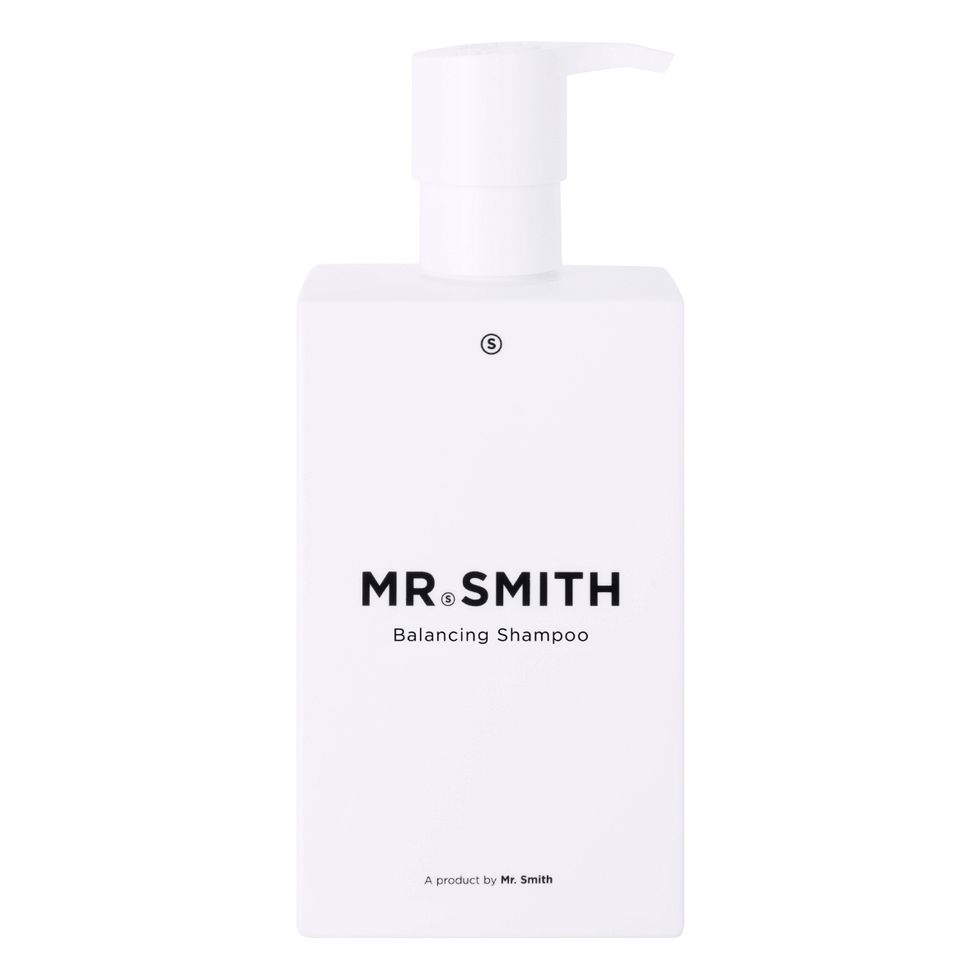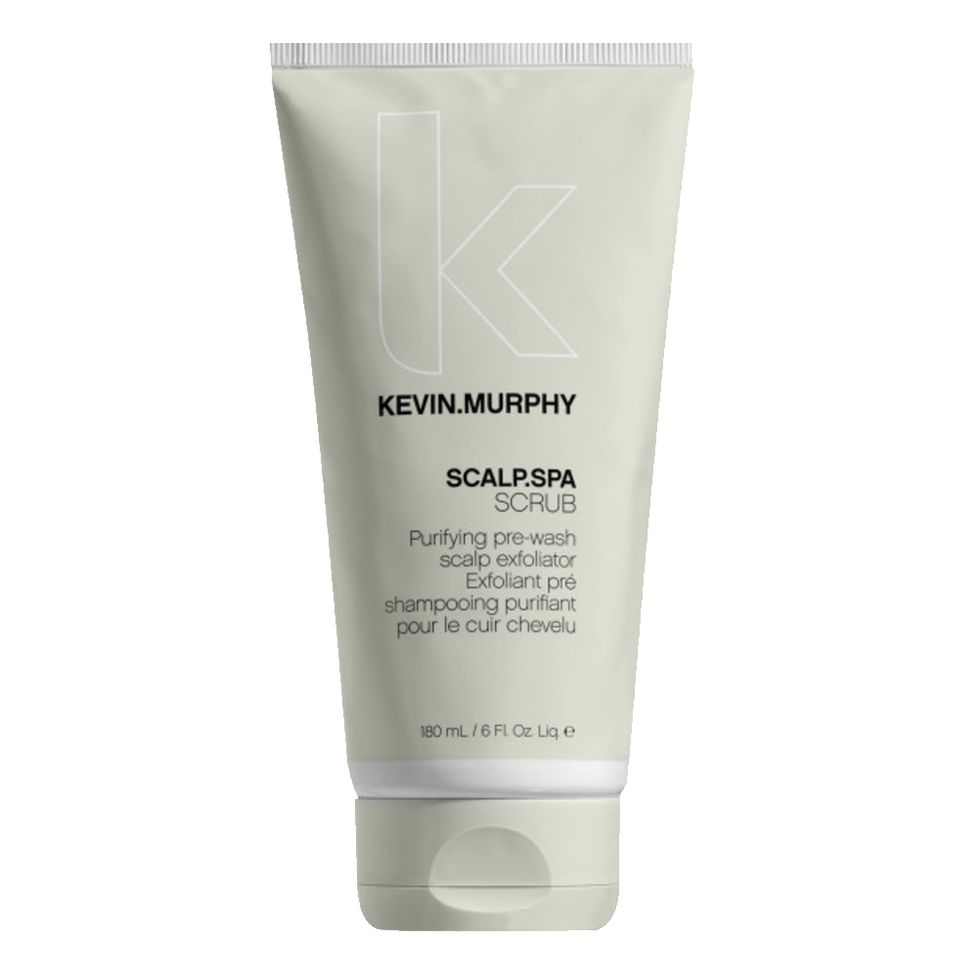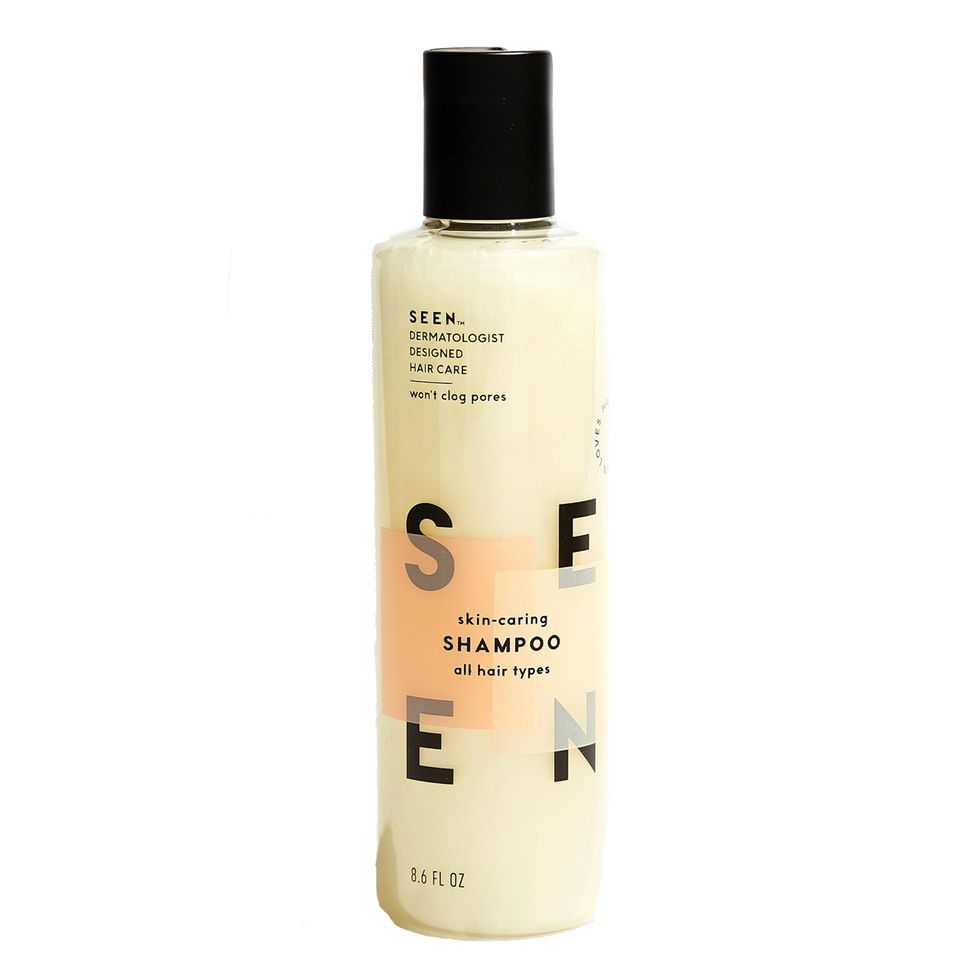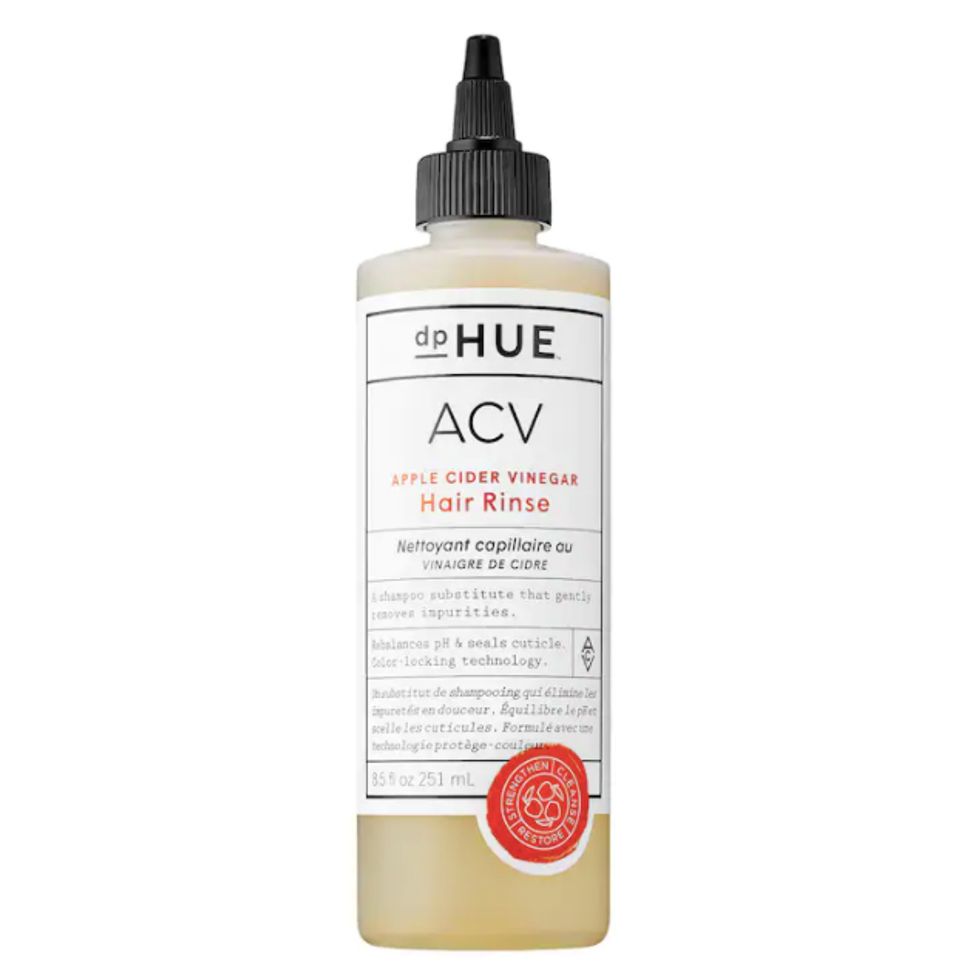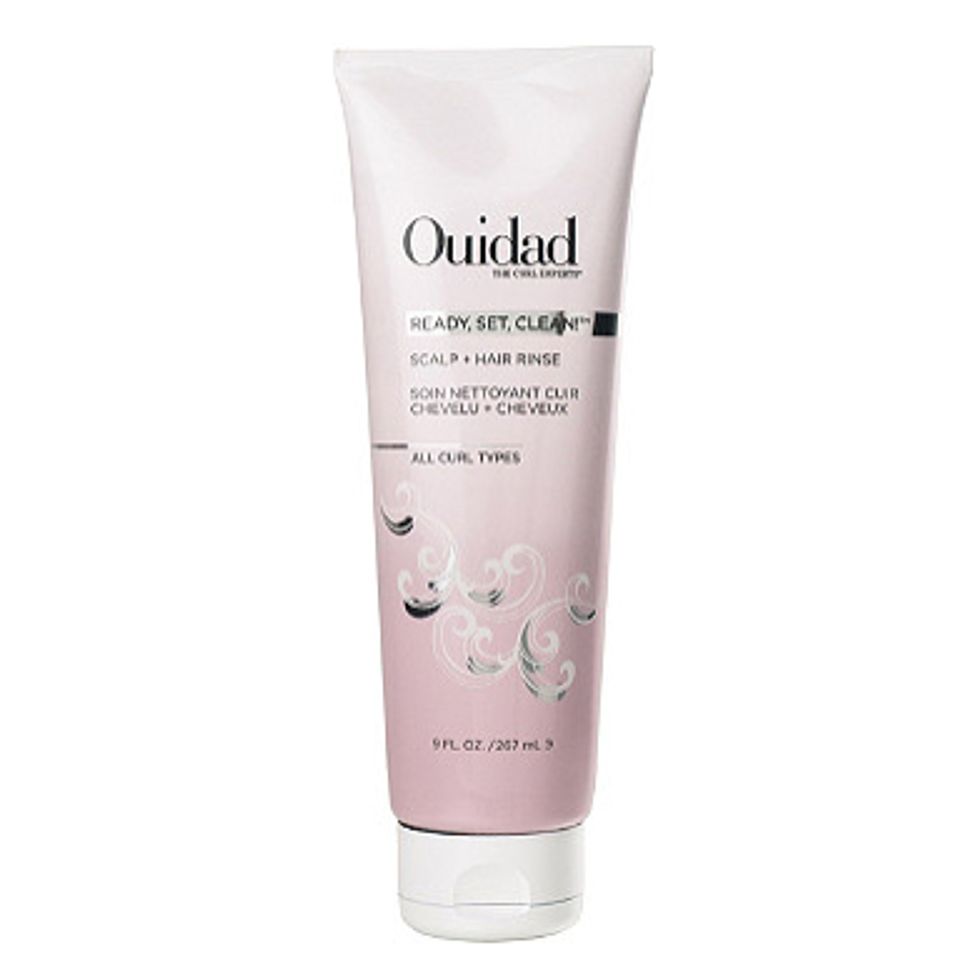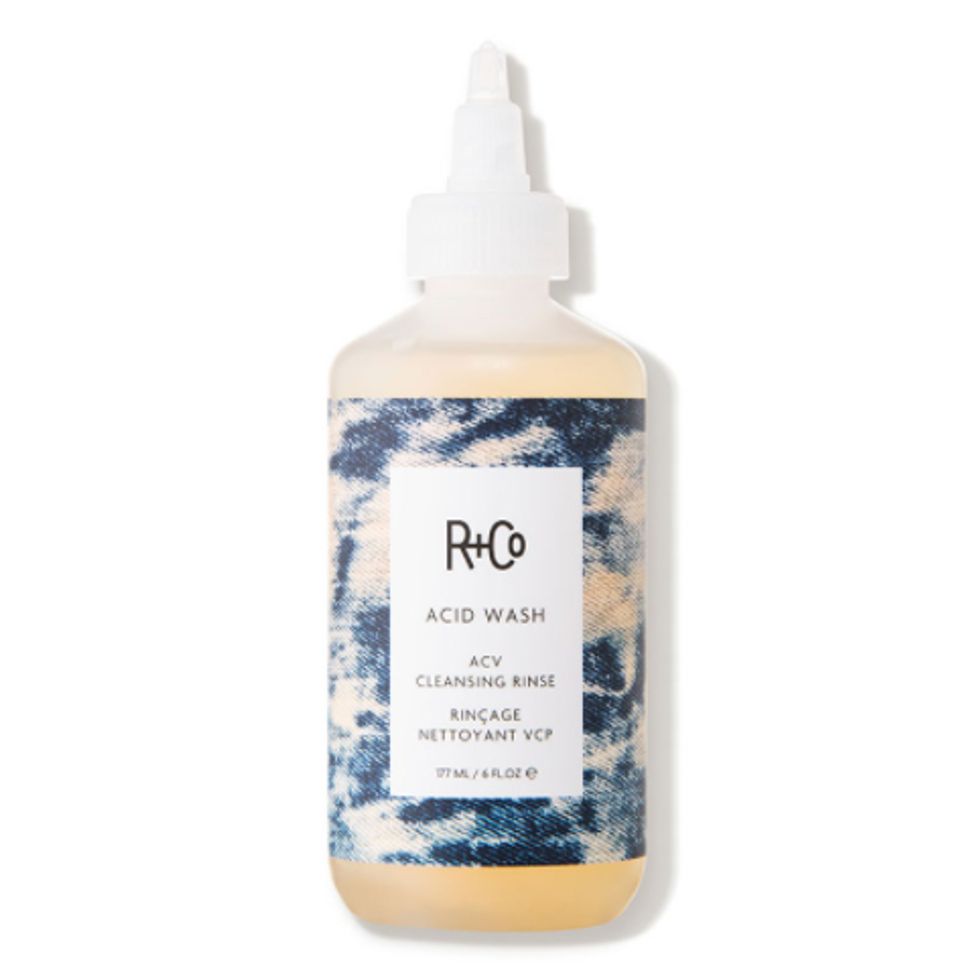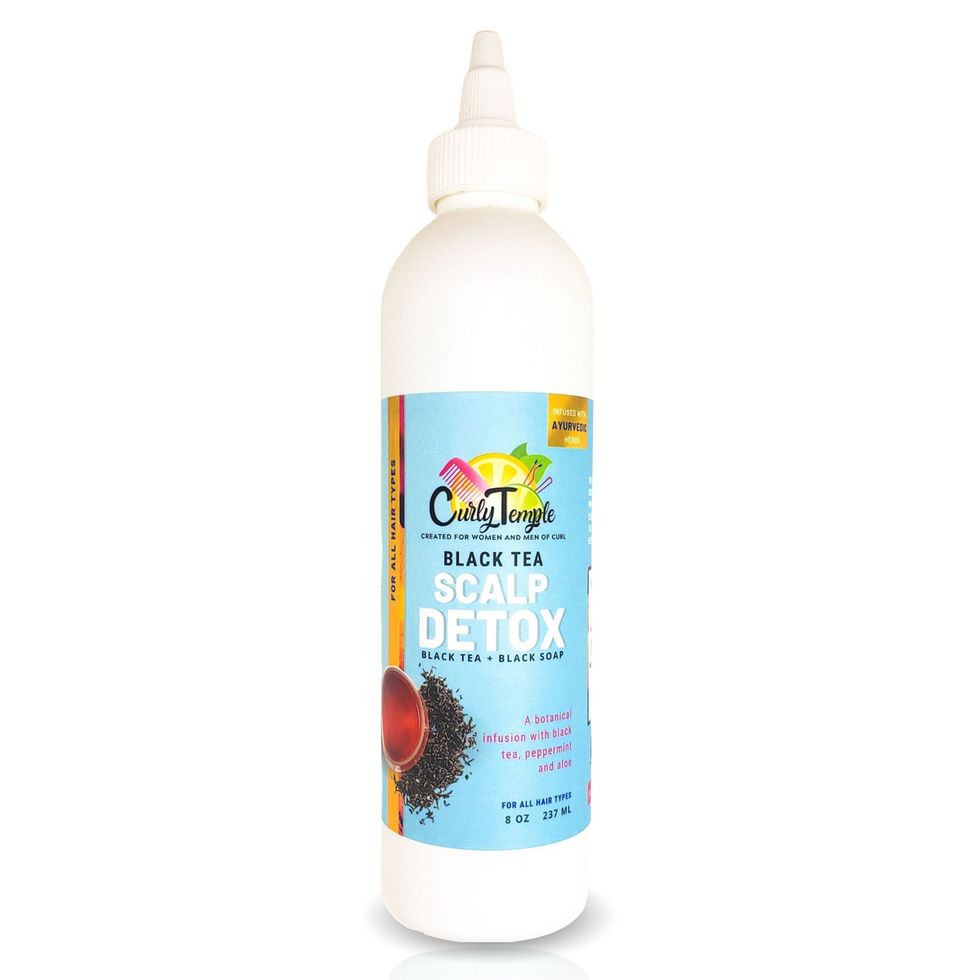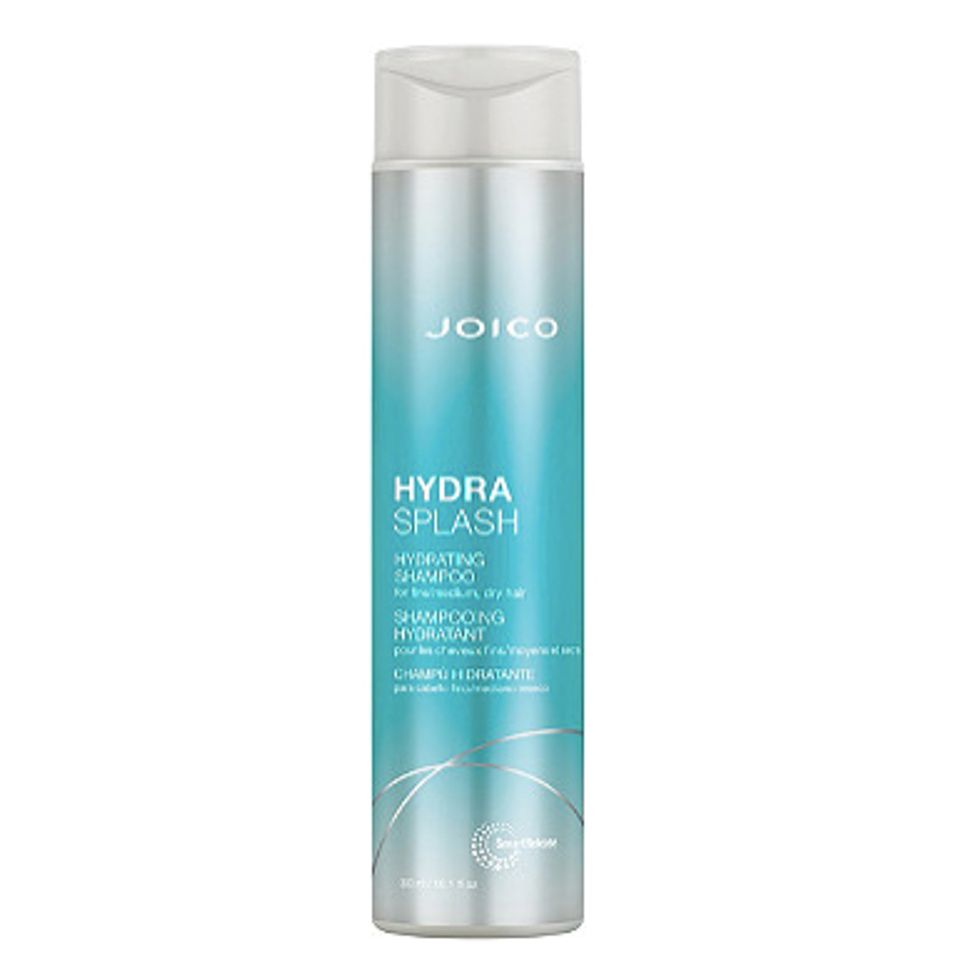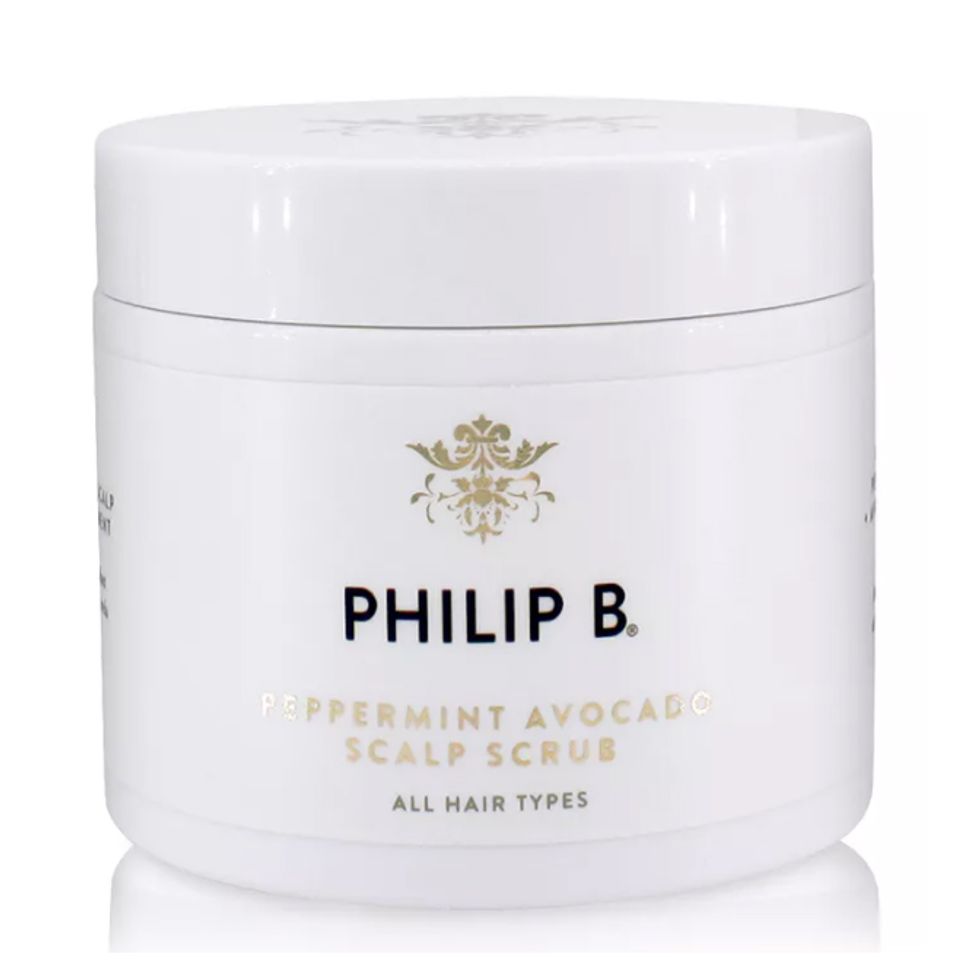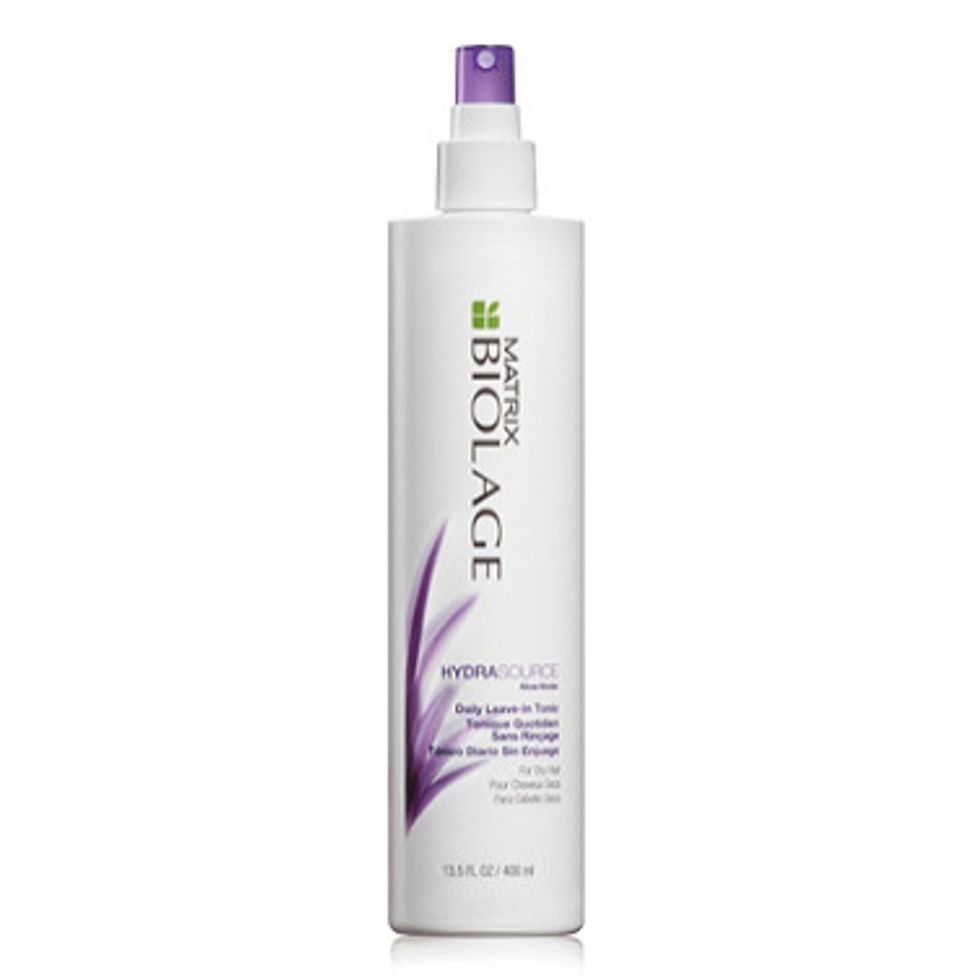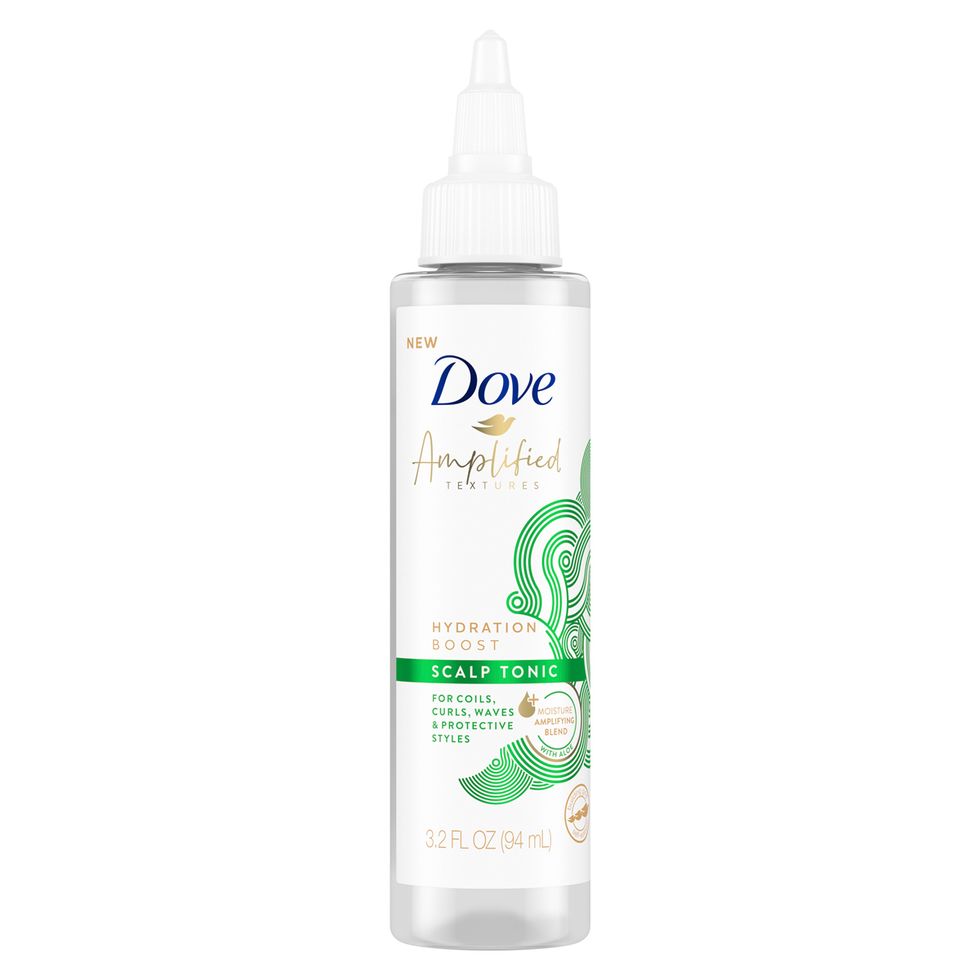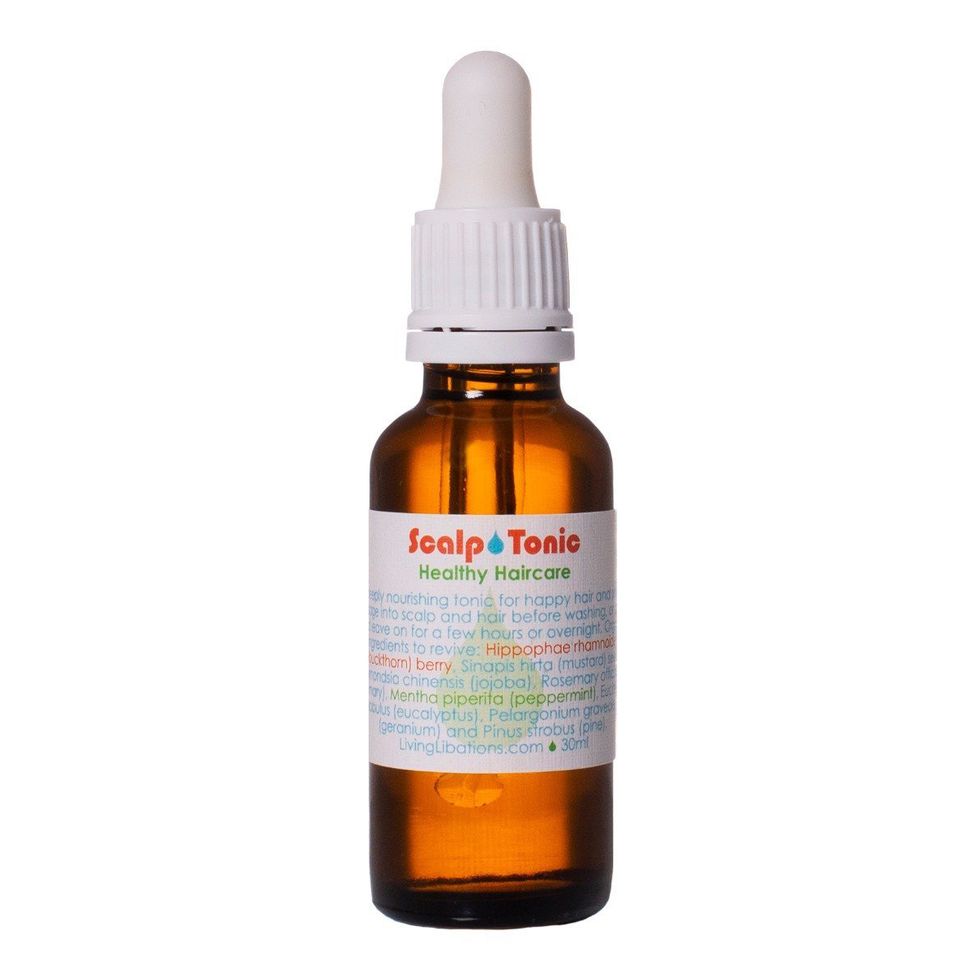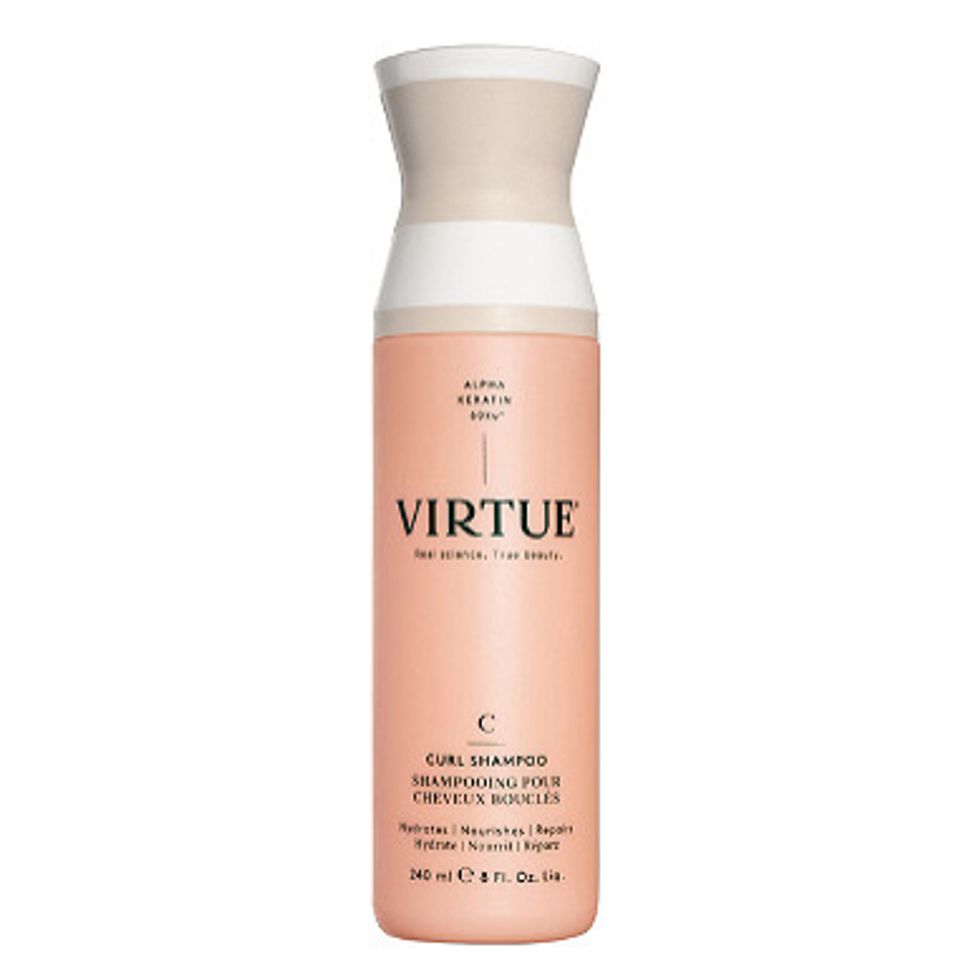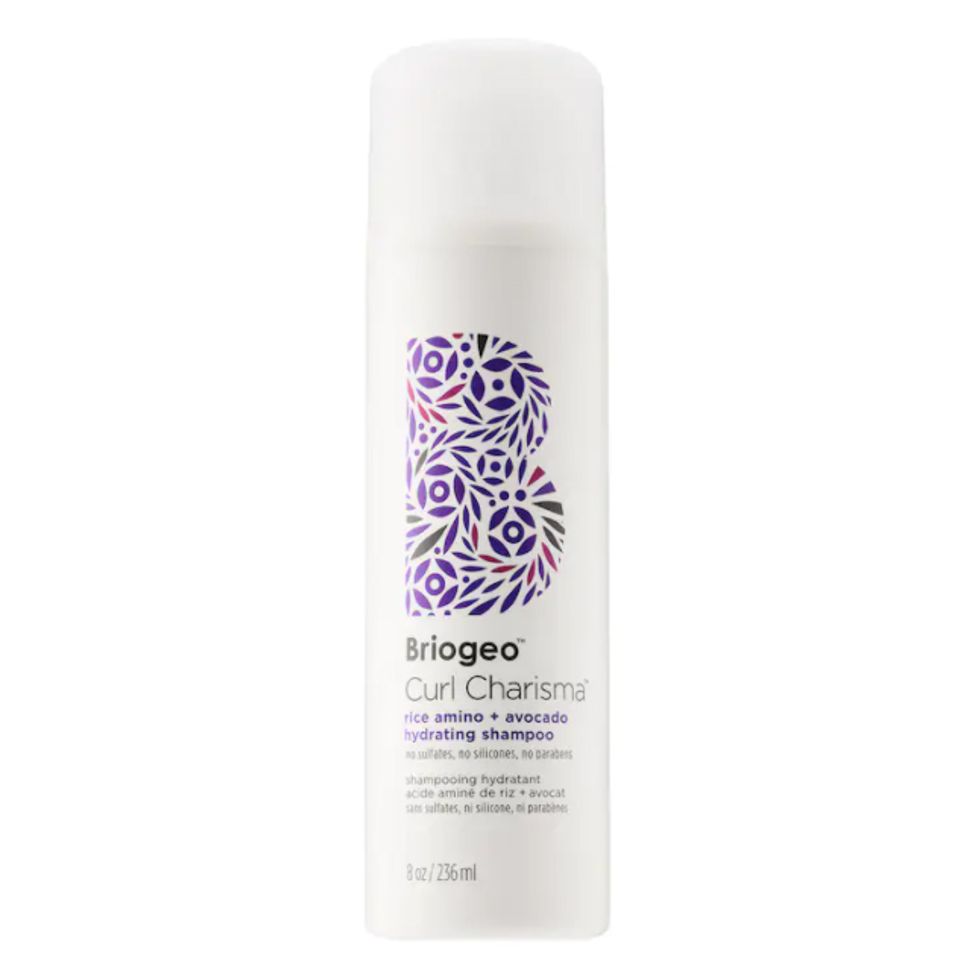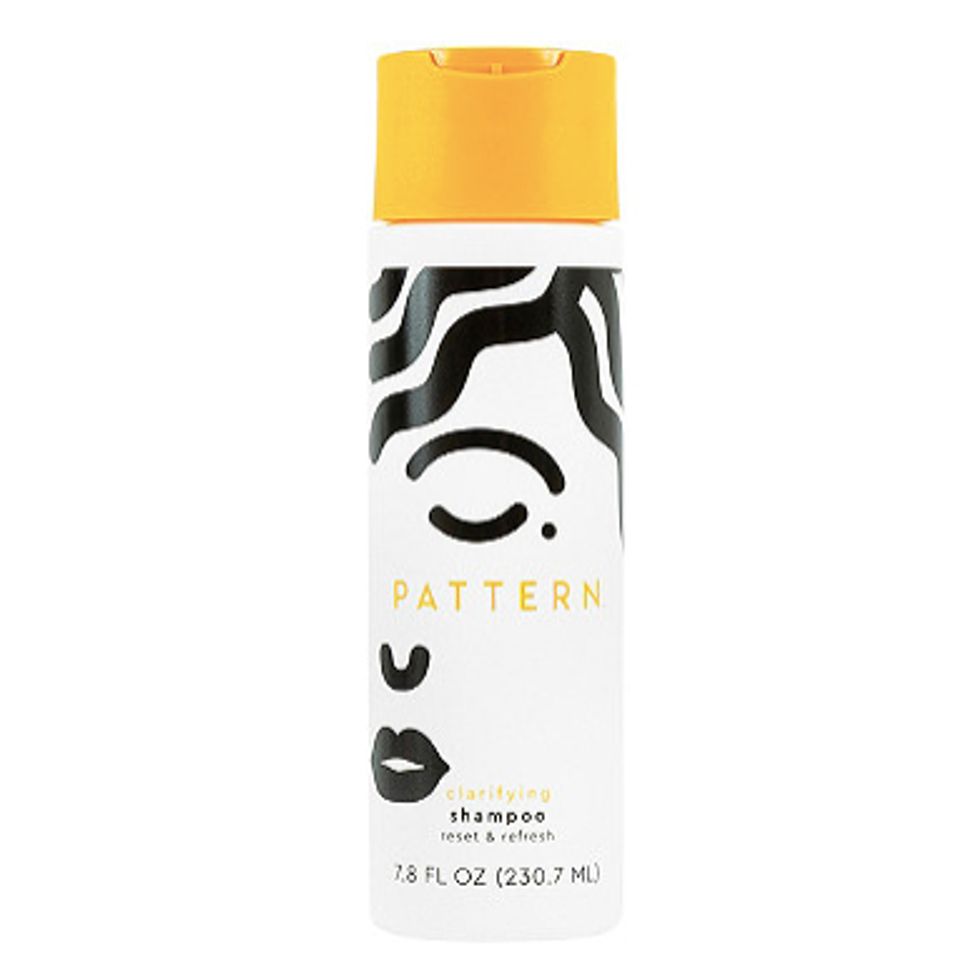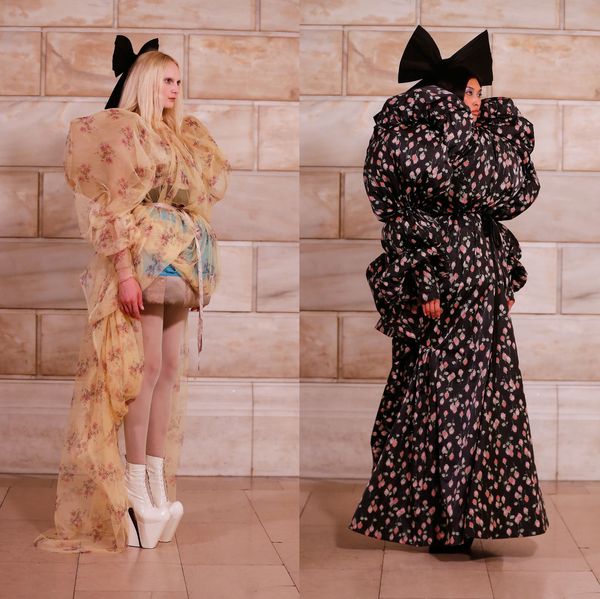Consider This Your Call to Wash Your Hair Less Often
How to detox from frequent shampoos—plus the products that will promote hair and scalp health.

Your Scalp Has a Microbiome, Too
When we consider our scalp, we generally think of it as the part of our body that grows hair. But, as with anything on a body with many moving parts all working in synchrony, the scalp is so much more intricate than that. Hill reveals to Coveteur, “Our scalp is made up of two main dermal glands: a sebaceous gland (oil) [that] produces sebum, and a sudoriferous (water) sweat gland [that] produces the wetness we feel on our scalp when we perspire. A healthy functioning body and scalp will excrete a balance of sebum and water-based sweat to promote a thriving, healthy, fertile scalp."
Although you may think of scalp sebum as the bane of their hairstyle, it actually is just what your hair needs to thrive. Says Hill, “[Sebum] provides cholesterol, proteins, and fats to scalp and hair, acting as a natural conditioner, moisturizes the hair fibers, waterproofs the scalp and softens the scalp, [and] protects the scalp from unhealthy bacterial growth and fungi." If you were to compare it to any other part of your body, oily sebum on the scalp is similar to the lipid barrier on your face which protects the skin from damage.
The Adverse Effects of Daily Shampooing
The same way that over-exfoliating your face leads to a disruption in the skin's barrier, resulting in inflammation, breakouts, and possible bacterial infections, daily shampoo can wreak great havoc on our scalp's sebum layer, leading to a disruption to hair health. Says Hill, “When we constantly remove the sebum from our scalp, we direct the scalp to replace the existing sebum production, which can leave periods when the scalp is not sufficiently coated or protected from harmful bacteria that creates inflammation."
When the scalp does not have proper moisture, your hair is subsequently dehydrated (meaning it's susceptible to breakage and frizz). If that isn't enough, over-shampooing damages the hair fibers by speeding up the oxidative process, resulting in brittle ends. And to top it all off, daily shampooing might weaken the hair follicle, which can lead to thinning and hair loss.
How Often Should We Shampoo Our Hair?
All of this isn't to say that you should never wash your hair—how else will you get rid of pore-clogging sebum and product buildup? The trick is to wash your hair an appropriate amount for your texture, density, and thickness. Here's how often you should be washing your hair, depending on your hair type.
Fine to Medium Straight or Loosely Curly Hair
If you find that your hair falls flat by midday thanks to an oily scalp, Hill recommends washing your hair every other day, especially if you are in the habit of using many texturizing products. She recommends “a clay or mineral-based shampoo that encourages the slowdown of sebum protection by treating the scalp with plant or mineral-based ingredients to regulate oil production.”
Fine to Medium-Fine Tightly Coiled Hair
Fine hair (meaning the thickness of the strand is thin) that is also curly is challenging to care for properly. These curls might be tousled and voluminous right after a wash, but come second day, the hair shape is more reminiscent of a triangle as the volume as the roots deflate with excess sebum. Hill suggests washing this hair type every other day and says, “Fine, curly-haired clients should be using moisturizing shampoos regularly and may also benefit from using a conditioning shampoo every so often as well.”
Thick Loosely-Textured Hair
Due to this hair type’s sheer volume, many people will find that they don’t look slick or greasy until about the third day after a shampoo. Hill recommends washing this hair type no more than two to three times a week to lessen the chances of damage while still maintaining moisture throughout the hair.
Med-Thick Loose Curl-Tightly Coiled Textured Hair
Hair that naturally rests in tight coils typically does not need frequent shampoos. Hill does recommend, however, rinse your hair daily to keep your scalp clear of heavier build up and to revive your texture if necessary. On weekly wash days, use a scalp scrub or serum to treat dryness or buildup, then follow with a moisture-rich shampoo along with a moisturizing mask or deep conditioning treatment to keep your curls healthy, bouncy, and defined.
Tightly Coiled Texture Hair
With a hair type as delicate as this, it can be challenging to find a proper shampoo that will hydrate the strands while providing a deep clean to the scalp. Hill says to “shy away from frequent shampooing and incorporate cleansing the scalp with tonics and oils in addition to their detoxifying shampoo. I refer to this as a scalp cleansing regimen. It requires the daily active participation of paying attention to the scalp's needs and how it feels, similarly to your skin-care regimen.” Use a detoxifying shampoo every 10 to 14 days to minimize breakage and add moisture back into the strands with your favorite masks or leave-in conditioner.
Want more stories like this?
You Thought Korean Skin Care Was Intense? Try Korean Hair Care
Are Clarifying Shampoos the Secret to Keeping Your Hair & Scalp Healthy?
I'm a Black Woman Who Is Still Afraid That Non-BIPOC Stylists Won't Understand My Hair

